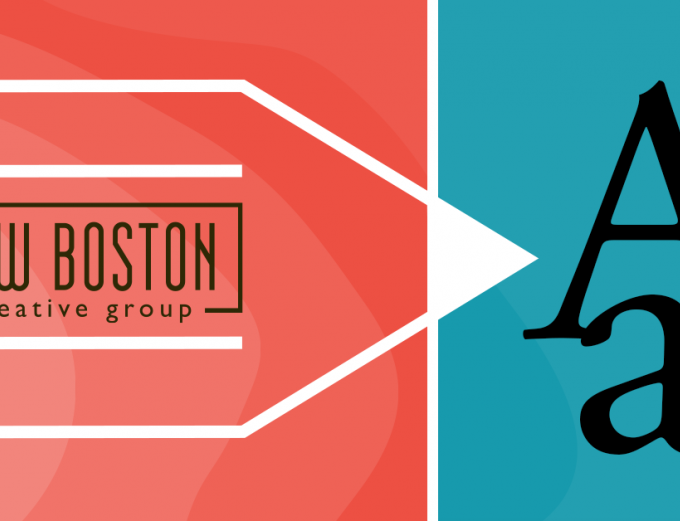Why You Should Write at an Eighth-Grade Level
by Julie Fiedler on April 24, 2022
As a student, I often incorporated big words into my papers. I thought those multisyllabic linguistic cartwheels were a testament to my cognitive prowess and illustrated my points with lucidity and precision.
How was that to read? I’m guessing not great. That’s why, as a marketing professional, I’ve chosen a different strategy when I draft materials for clients. I follow the advice to write for an eight-grade level.
Why, after so many years of trying to sound smarter than I am, would I now start to dumb down my writing? The answer is simple. I want people to read and understand what I’ve written. And you should, too.
Making your message accessible to others should be your primary goal whether you’re working on a blog, website content or white paper. Yet people often balk at this guidance.
“But the people reading this are professionals. They’ll understand it.”
While that may be true — that they would understand it — they may not have the bandwidth to take in and truly comprehend a complex piece with undivided attention.
Think about your own life. How often is your freshly caffeinated mind ready to absorb new ideas from a variety of sources and then act on them? Perhaps having an over-caffeinated mind bouncing between family obligations and work deadlines is closer to the mark?
In those moments, do you want another task that requires concentration? I’m guessing not. We’re all stretched a little thin. By making your writing more accessible and easier to follow, you’re sparing your audience some much needed brain space.
Plus, they’ll be more likely to stick around and read your content. I guarantee you that if someone has to read a sentence more than once to understand it, they will head to Google and find something else they can follow more easily.
“But the people reading this are intelligent. I don’t want to talk down to them.”
It’s true that people don’t like to be patronized. People also don’t like to feel dumb or frustrated when they can’t follow along. They’ll actually feel smarter when you make it easy for them to grasp your message.
Think of your favorite TED Talks. Do you get bogged down by insider jargon or lost in a sea of sentences chock-full of industry knowledge? Or do you walk away feeling enlightened by your newfound understanding of a complex concept presented in an engaging way?
Imagine yourself as the TED Talk presenter. Don’t overcomplicate your message. Break big concepts down into compelling nuggets for your audience. They’ll applaud you for it.
“But I can’t possibly express my work at such a basic level.”
Eighth graders are actually pretty smart. At this stage, their abstract reasoning skills develop and they’re beginning to piece together a world view. But they lack specialized knowledge.
Chances are your customers don’t have specialized knowledge of your industry, either. That’s why they’re coming to you for help (or not coming, if your writing is really confusing). If you can clearly explain to them what you have to offer, chances are they’ll be more inclined to want to work with you.
They can also handle a big word here and there.
“So, what do I do?”
Great question! Write and revise. Have someone outside of your industry give you feedback on the clarity of your writing. Check out online readability tools that will measure the reading level of your text for free. Or hire a marketing agency full of word nerds skilled in the craft of communication. We know just the folks.






